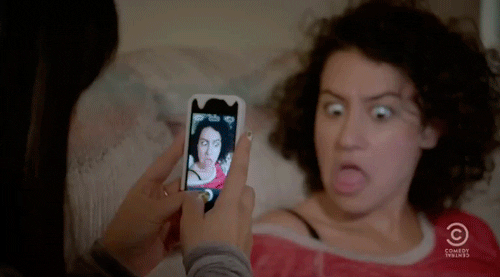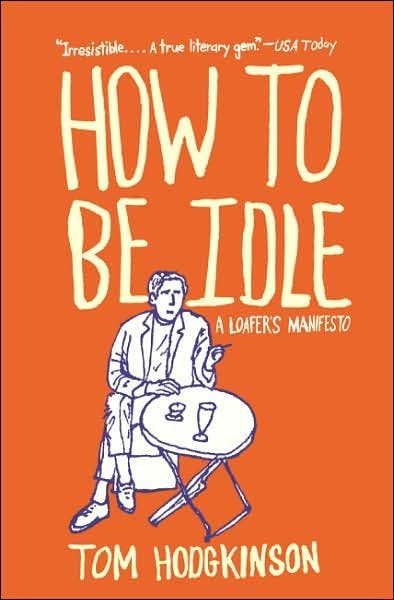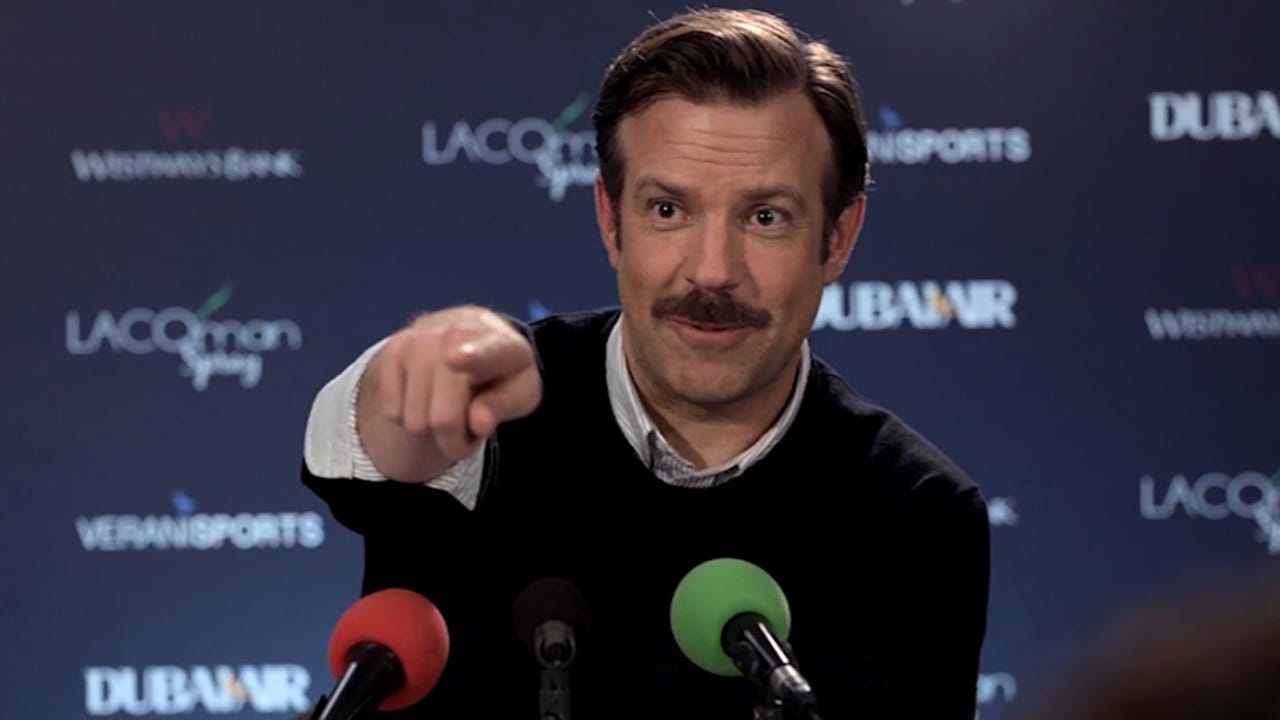To be content by making content
One year of Read, Watch, Binge!
The term 'content' is a buzzword. Ultimately, it means nothing since it also means everything.
My dad makes content when he posts a photo of a flower in his garden on Facebook. I'm making content by writing here on Substack, and Kurzgesagt is creating content when they upload a 20 min video on YouTube; even if this video took 6 months to complete. God, even full TV shows with hundreds of people behind them are sometimes called content.
Using the same word places the same level of effort on my dad's Facebook post as that of hundreds of people behind an animated video on YouTube. In a way, it crushes those who have taken years and years to study and master a type of creative work, by putting everyone on the same level. It's just content, after all, something on the internet to be consumed. It might get more likes, subscriptions, and validation the better it is. But it's still content.
It would be OK if my only problem with the content word was the vagueness of the term. To me, it is also a source of anxiety. I can't separate this naughty word from overwork, hustle culture, and this insatiable monster in our heads screaming to do more and more. The algorithms are never satisfied.
Any of the thousand texts on the internet about making money online, digital marketing, or content creation will tell you the same: you should be doing more, you should be doing better. Even when I asked GPT-3 AI to write something about making content that's what he answered me:
In the world of digital marketing, creating content is an essential step to reaching and engaging your target audience. After all, what good is a website, blog post, social media post, or video if no one is reading, watching, or sharing it?
And there it is. What is the purpose of whatever you create if it's not seen?
That's why a lot of people quit. It is common to hear disparaging remarks about subscriber numbers, likes, downloads, etc. People start creating and working on something only to abandon it after not reaching the expected numbers. Because those numbers, in theory, tell you how competent you are. But is it true? Or is there a lot of luck involved?
Just a few days ago Chelsea Banning, a writer who I have been following for a while on Twitter got her share of luck. I got to watch it unfold with popcorn in hand. When I saw her tweet about her book signing failing, it had 3 likes. By afternoon, it had become viral. The next day, Neil Gaiman and Margaret Atwood came to support her, saying they had also experienced the same thing.
It goes without saying that her Twitter following and book sales have skyrocketed. She has been asked to do interviews and podcasts. And the support from other writers was quite endearing and nice to see. My point here is that sometimes people get lucky breaks. This kind of luck is unlikely to come our way no matter how diligent, hard-working, or social media savvy we are.
The idea that we should be working ourselves to death to keep posting everywhere is frankly insane. Also that our worth and the value of what we do are directly connected to likes or subscriber numbers is depressing. After all, how much is enough? With what numbers are you expecting to be really satisfied?
We are the only ones that should be satisfied with what we make.
I'm reaching one year of publication and what I'm most proud of is that I proved to myself that I am capable of doing this.
Before Substack, I had a lot of ideas, but couldn't commit to any. I couldn't commit to a platform, niche, or view. I was afraid. Scared that I would make a mistake and choose it wrongly. But the truth is there are no wrong options. Doing what you like and want to try shouldn't be so scary.
Even when it's something as public as a newsletter, YouTube channel, or podcast.
I guess we get scared by what we hear on the internet. All these success formulas, how we should strategize, plan, have multiple social media channels, work hard, and start new things from scratch. It feels daunting.
We are also terrified of how we are going to be received by our friends, peers, and even random people online. Of course, everyone gets paralyzed. What if I put this amount of work into this and it is for nothing? Or am I humiliated?
Well, let's break down a few things:
1- You don't need to be everywhere.
Even if someone you admire or emulate online seems to be on every social network, they have teams behind them that can do most of the work. And actually, there are plenty of successful people who do just fine with virtually no social media or even none whatsoever.
2- What is your goal?
That should guide you and help decide what is useful or not. Mine is to write. Maybe one day I'll write non-fiction, maybe a novel. It is also to experiment, to see what I can do, and to create things that I'm happy with. If it makes someone's day that's a big plus.
3- No work is worthless.
We learn something simply by doing it, which is, by far, the most effective way to learn. Failure and experimenting are just part of learning, which is a meaningful objective by itself. It’s always a goal worth pursuing. The one that no one can ever take away from you.
Further, having a newsletter or any other form of content can always be something to show off on your resumé, website, portfolio, whatever.
4- No one cares.
Really, no one. Your family and friends will either support you or simply ignore you. Random people don't care. Someday you may get your trolls, but thankfully there aren't enough of these awful creatures to go around.
Deepa Paul wrote something really lovely about not worrying about critics, but thinking about all the generous people around us reading.
Writing for the people who receive this newsletter has transformed my mental picture of the audience I’m writing for. Why twist myself into impossible knots to explain myself to the closed, fearful, petty, envious, small-minded?
Now, when I write, I write for you.
You, who are curious, creative, and kind. You who are generous of heart, open to delight, thoughtful, smart, and brave. As I’ve come to know you are.
Even if sometimes you don’t think so.
I hope this can be helpful, but I know it's not as simple as that
I always feel like I should be doing more and more. And that's not very healthy. I know it's not entirely my fault. As much as I dislike using my favorite word, we live under capitalism, and capitalism loves work and constantly reminds us we do not do enough.
It makes us compare ourselves and doubt ourselves constantly. It pushes us to do more and more and never be content.
Even if you are not interested in being a writer or the dreaded "content creator" the truth is that everyone - like it or not - has to market themselves online. When we apply for jobs we will probably be Googled and social media accounts are the first thing to pop out. LinkedIn, which is becoming more and more relevant for job seekers, promotes your profile the more active you are there.
I certainly wrote this more for myself than for anyone else. Although there are still things I would like to try, I just want to make sure I'm doing them because I would like to do them. I don't want to do them because random people on the internet say I should to be successful.
If we set the goal of learning, getting better, and having fun, I think that is enough. We don't need to compete with everyone else to be successful. We can create our own definition of success, follow our own pace, and not be ashamed of it.
“We fail to see, or refuse to accept, that any attempt to bring our ideas into concrete reality must inevitably fall short of our dreams, no matter how brilliantly we succeed in carrying things off — because reality, unlike fantasy, is a realm in which we don’t have limitless control, and can’t possibly hope to meet our perfectionist standards. Something — our limited talents, our limited time, our limited control over events, and over the actions of other people — will always render our creation less than perfect.”
― Oliver Burkeman, Four Thousand Weeks: Time Management for Mortals
How to be Idle (Tom Hodgkinson)
This book is divided into 24 essays covering every hour of the day, each reminding us that we are humans and not machines. Hodgkinson ridicules modern life and how overworked it has become. This book counterbalances workplace anxiety and ambition and reminds us that we should never, ever feel guilty for relaxing, because that's what makes life worthwhile. Still, it comes from a privileged white-male-British point of view, so take it with a grain of salt.
Little Miss Sunshine. Caring less and being true to yourself can be quite effective. Little Miss Sunshine tells the story of a little girl who wants to be in a pageant competition, even when she is far from being a model pageant girl. Her whole family reluctantly endorses the plan and drives her across the country to participate. Little Miss Sunshine offers the audience a delightful blend of chaotic emotion and familial bonding during a field trip.
On that same note, Ted Lasso is maybe the truest-to-himself character on TV right now. It follows the story of an American football coach, hired to manage a British soccer football team. What he lacks in knowledge, he makes up for in optimism, determination, and biscuits. Every episode shows us just how much being kind, caring, and generous can create ripple effects around us. This character cares more about his teammates and co-workers than about winning, and the fact that he overtook viewers so much shows just how badly we are placing our priorities.












Loved reading this! I hope more “content” creators feel the freedom and ability to take breaks and rest from the tyranny of the algorithms because you all deserve it!!
Interesting read, content and the volume of it can be so overwhelming. Many people just hoping for their creative work to be seen, acknowledged, for their hard work to be recognised. It can be disparaging, and encouraging in equal measure...